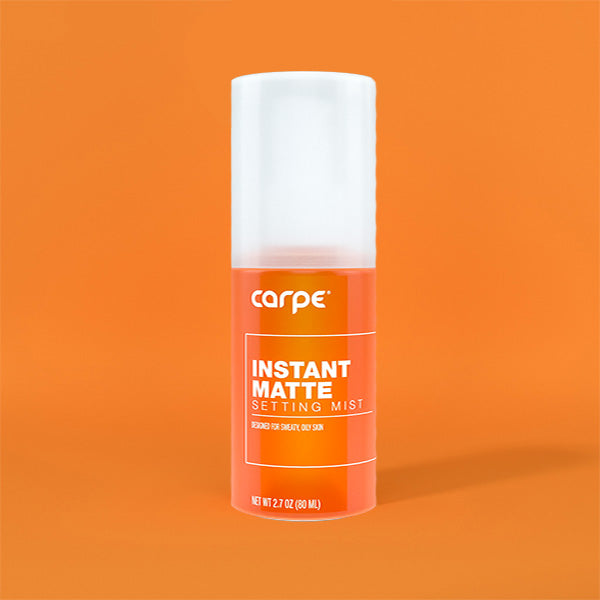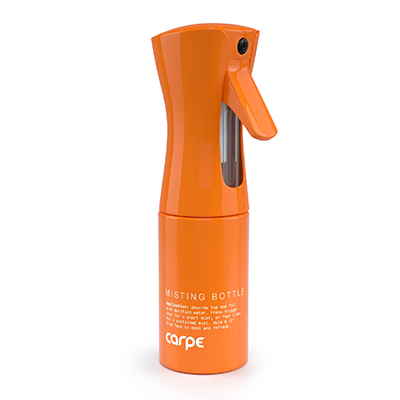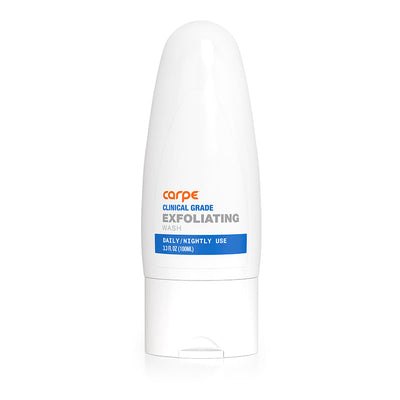There has been a lot of controversy concerning the safety of antiperspirant in the last several decades. It has been found, however, that antiperspirant is safe to use. In fact, antiperspirant is considered to be an over-the-counter drug and is therefore regulated by the FDA. This means that antiperspirant, and the active ingredients in it, have been studied fairly extensively. In the last thirty years there have been many studies attempting to find a link between antiperspirant use and cancer but so far no links have been found.
How Antiperspirant Works and Why It’s Safe
Antiperspirants contain an active ingredient that is able to reduce sweat production. For people who suffer from hyperhidrosis, a condition that causes sweat glands to be overactive, this is imperative. Most antiperspirant formulations use some type of metallic salt, like aluminum chloride or aluminum zirconium trichlorohydrex, to mechanically block sweat from reaching the surface of the skin. When a person applies antiperspirant it covers the tops of their sweat glands and remains inactive until they begin to sweat. Once perspiration begins mixing with antiperspirant a chemical reaction occurs inside each sweat gland. This chemical reaction causes the formation of a precipitate salt which then forms a shallow plug within the sweat glands. These plugs block sweat from leaving sweat glands and thus reduce perspiration. While antiperspirants do interact with chemicals in the body, they work superficially on the skin which makes them a safe option. This also makes them less likely to cause severe side effects. Antiperspirants are actually the first-line treatment for hyperhidrosis as they are widely available, work locally, and are known to be safe.[1]
Common Concerns About Antiperspirant
Over the years there have been many rumors about the dangers of antiperspirant. One of the most controversial claims was that the aluminum in antiperspirants can cause cancer. The claim asserted that the body absorbs the aluminum in antiperspirants through the skin and that the absorbed aluminum can cause the growth of breast cancer cells. The body does absorb some of the aluminum in antiperspirant, but not enough to cause an issue. One study found that only .01% to .06% of the aluminum in antiperspirant was absorbed by the body. So far, no specific studies, epidemiological or otherwise, have been able to show that aluminum antiperspirants cause cancer. There is some speculation that aluminum can cause changes to occur within some animal cells, but this has not been sufficiently studied. Overall, it is thought that antiperspirants are safe but that it would be beneficial to conduct more specific studies.[1]
Aluminum, when taken in high enough amounts, is known to cause other health issues like Alzheimer's disease and worsen kidney failure. Many question whether aluminum exposure from antiperspirants is high enough to promote these problems, but that is extremely doubtful. Problems like Alzheimer's disease and kidney failure occur when someone is exposed to a very high amount of aluminum, and this doesn’t happen from antiperspirant use. Antiperspirants do not contain enough aluminum for this to happen and the skin creates an effective barrier against the aluminum that is in antiperspirant. The FDA does advise people with end stage kidney disease to speak with their doctor before using antiperspirant, but it is most likely not an issue.[1]
It is reassuring to hear that organizations like The Alzheimer’s Association, the American Cancer society, and the National Cancer Institute have issued statements saying that there is no known association between aluminum, cancer, or Alzheimer’s disease.[1]
The Damage Antiperspirant Can Do
While it is fairly safe to say that antiperspirant does not cause cancer, it can cause some other side effects. Luckily, these are mild and easy to treat. The most common side effect of antiperspirant is irritation. People often feel itching or stinging, especially when they first apply antiperspirant. When this occurs, patients are told to use 1% hydrocortisone cream to treat the irritation. If this doesn't work they are often switched to a different type of antiperspirant or advised on different treatment options.[1] Recently, studies have demonstrated that antiperspirant affects the microbiome on the surface of the skin. It has been noted that people who use antiperspirant and deodorant products have a larger variety of bacteria that differs from the type of bacteria other people have. However, it hasn’t yet been determined whether this is detrimental.[3]
Overall, antiperspirants are usually more dangerous to clothing than they are to people. It can be tough to get antiperspirant out of clothing. In all seriousness antiperspirants are a very safe treatment option for those with hyperhidrosis. There are some potential problems that need to be studied, but the vast majority of people tolerate antiperspirants well.
Sources
- Pariser, D. M. (2014). Hyperhidrosis (4th ed., Vol. 32). Philadelphia, PA: Elsevier.
- Klotz, K., Weistenhöfer, W., Neff, F., Hartwig, A., Van Thriel, C., & Drexler, H. (2017). The Health Effects of Aluminum Exposure. Dtsch Arztebl Int., 114(39), 653-659. doi:10.3238/arztebl.2017.0653
- Urban, J., Fergus, D. J., Savage, A. M., Ehlers, M., Menniger, H. L., Dunn, R. R., & Horvath, J. E. (2016). The effect of habitual and experimental antiperspirant and deodorant product use on the armpit microbiome. Peer J, 4. doi:10.7717/peerj.1605






16790753702383.jpg?v=1679075372)

16790746985853.jpg?v=1679074700)


16790757289763.jpg?v=1679075731)










